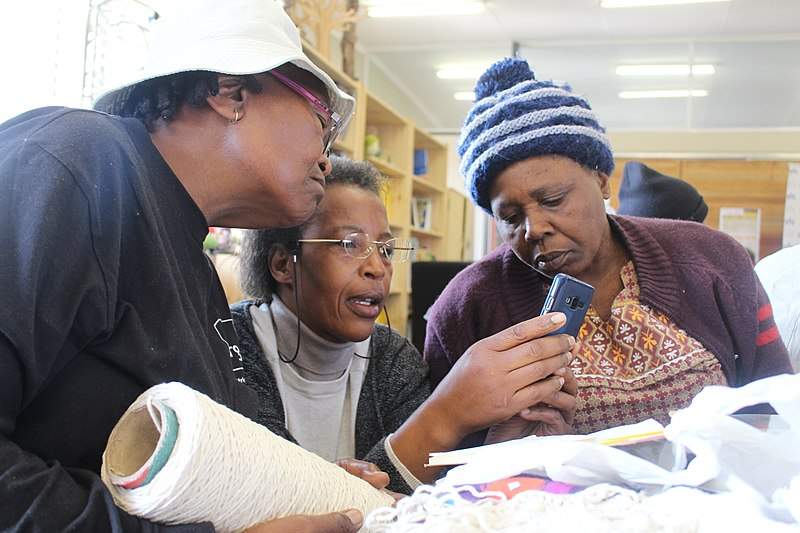Introduction
Non-Governmental Organizations (NGOs) play a crucial role in addressing social and environmental issues around the world. As they strive to achieve their mission and make a positive impact, effective procurement processes are essential. This blog post aims to highlight the best practices for NGOs in procurement processes, enabling them to maximize their resources, ensure transparency, and achieve their organizational goals.
1. Establish Clear Objectives
Before undertaking any procurement process, NGOs must establish clear objectives. This involves defining the desired outcomes, identifying the required goods or services, and determining the budget allocated for procurement. By setting clear objectives, NGOs can ensure that their procurement efforts align with their mission and contribute effectively to their projects.
2. Conduct Market Research
Market research is a crucial step in the procurement process. NGOs should gather information about potential suppliers, their products or services, and their pricing models. This data will enable NGOs to make informed decisions, identify the most suitable suppliers, and negotiate favorable terms. NGOs should also consider engaging with local suppliers to support the local economy and promote sustainable development.
3. Develop a Transparent and Competitive Selection Process
Transparency and competition are key principles in procurement processes. NGOs should establish clear guidelines for supplier selection, ensuring equal opportunities for all interested parties. This can be done through the use of request for proposals (RFPs) or request for quotations (RFQs). By promoting competition and transparency, NGOs can secure the best value for their resources and build trust with their stakeholders.
4. Implement Effective Contract Management
Once suppliers are selected, NGOs must implement effective contract management practices. This includes clearly defining the terms and conditions of the contract, monitoring supplier performance, and addressing any issues that may arise. NGOs should establish key performance indicators (KPIs) to evaluate supplier performance and ensure that contractual obligations are met. Regular communication with suppliers is crucial to maintain a strong relationship and address any concerns promptly.
5. Monitor and Evaluate Procurement Processes
Continuous monitoring and evaluation of procurement processes are necessary to identify areas for improvement and ensure compliance with organizational policies and legal requirements. NGOs should establish a system for tracking procurement activities, including the documentation of supplier performance, procurement timelines, and cost analysis. Regular audits can further enhance transparency and accountability.
6. Foster Collaboration and Partnerships
NGOs can benefit greatly from collaboration and partnerships in the procurement process. By joining forces with other NGOs or sharing procurement resources, NGOs can achieve economies of scale and reduce costs. Collaborative procurement efforts can also lead to knowledge sharing, increased expertise, and the development of innovative solutions. NGOs should actively seek opportunities to collaborate with like-minded organizations to maximize their impact.
7. Embrace Technology
In today’s digital age, technology plays a vital role in streamlining procurement processes. NGOs should leverage technology solutions such as procurement software, e-procurement platforms, and online bidding systems. These tools can automate manual tasks, improve efficiency, and enhance transparency. NGOs should invest in training their staff to effectively utilize these technologies and stay updated with the latest industry trends.
Conclusion
Efficient procurement processes are crucial for NGOs to optimize their resources and achieve their mission. By following the best practices outlined in this blog post, NGOs can ensure transparency, maximize value for their resources, and build strong relationships with suppliers and stakeholders. Continuous improvement, collaboration, and embracing technology are key to successful procurement processes. By implementing these practices, NGOs can focus their efforts on making a positive impact and creating lasting change in the world.

